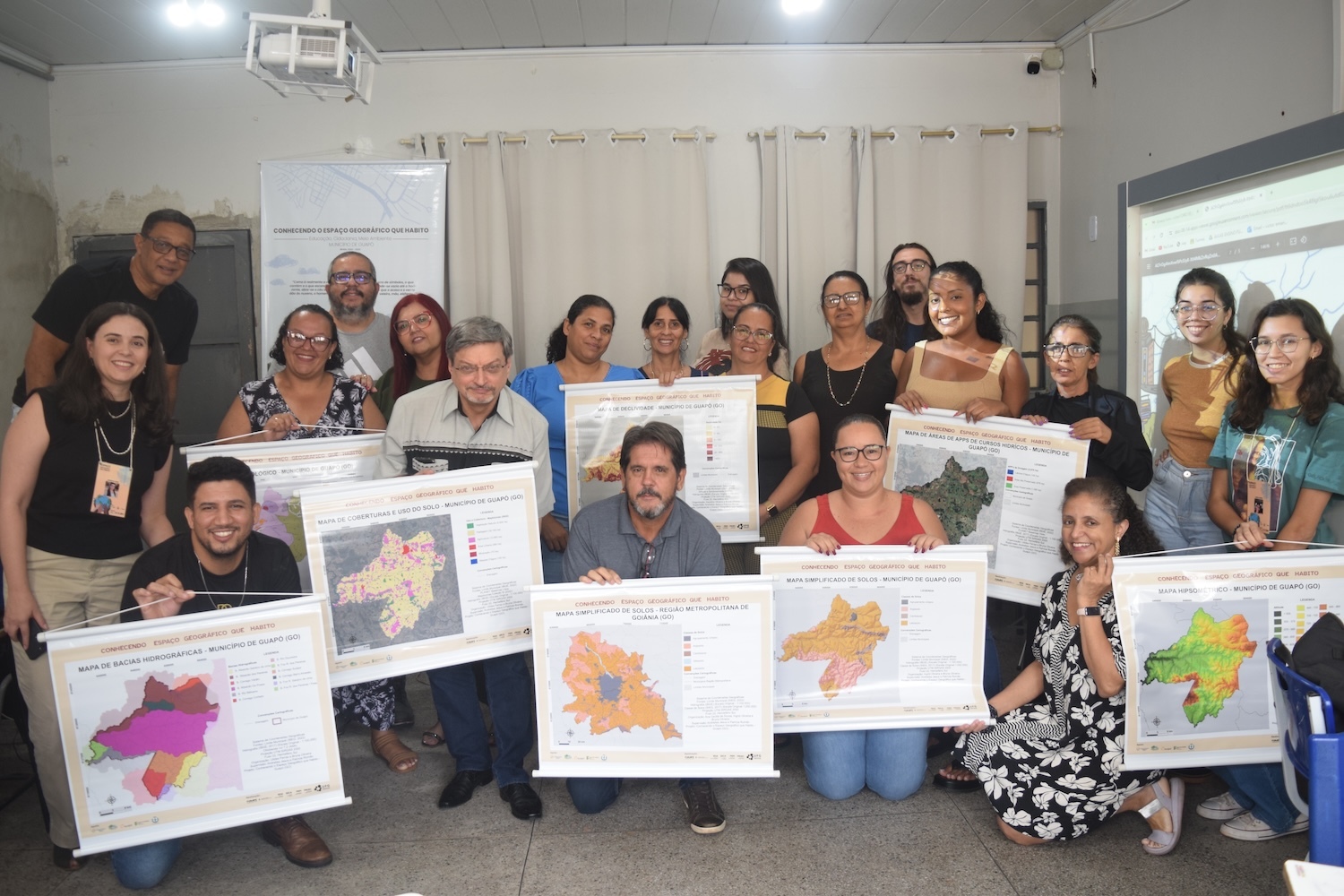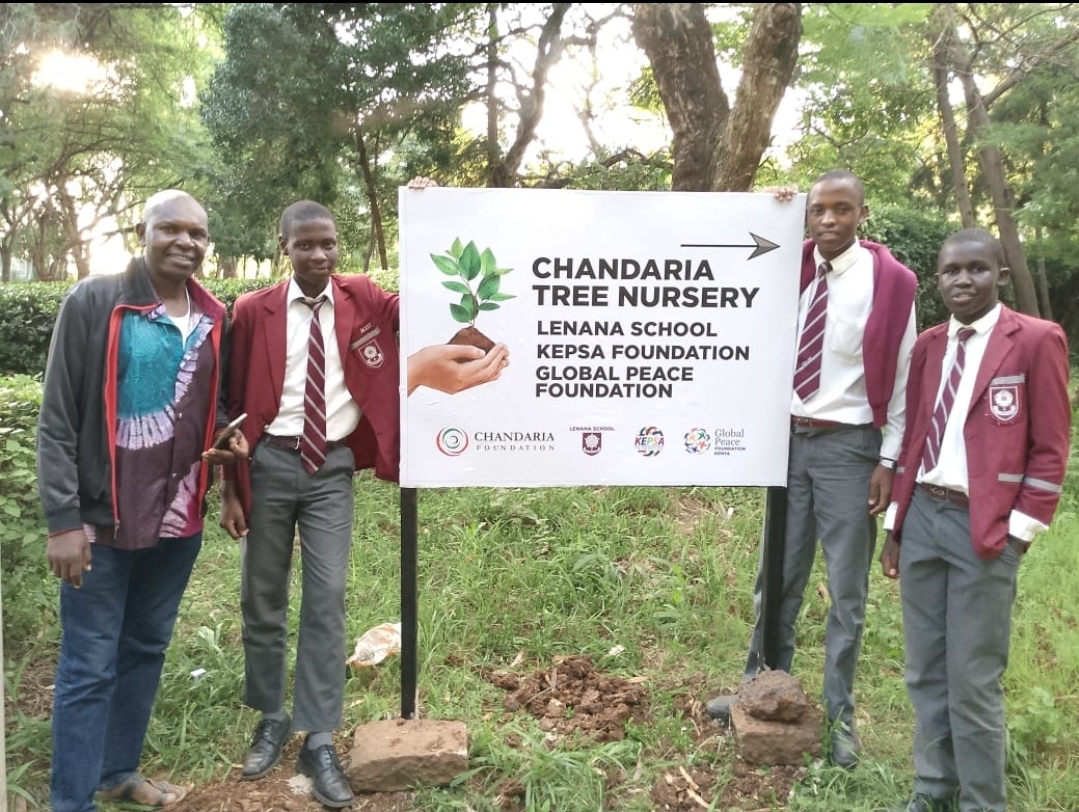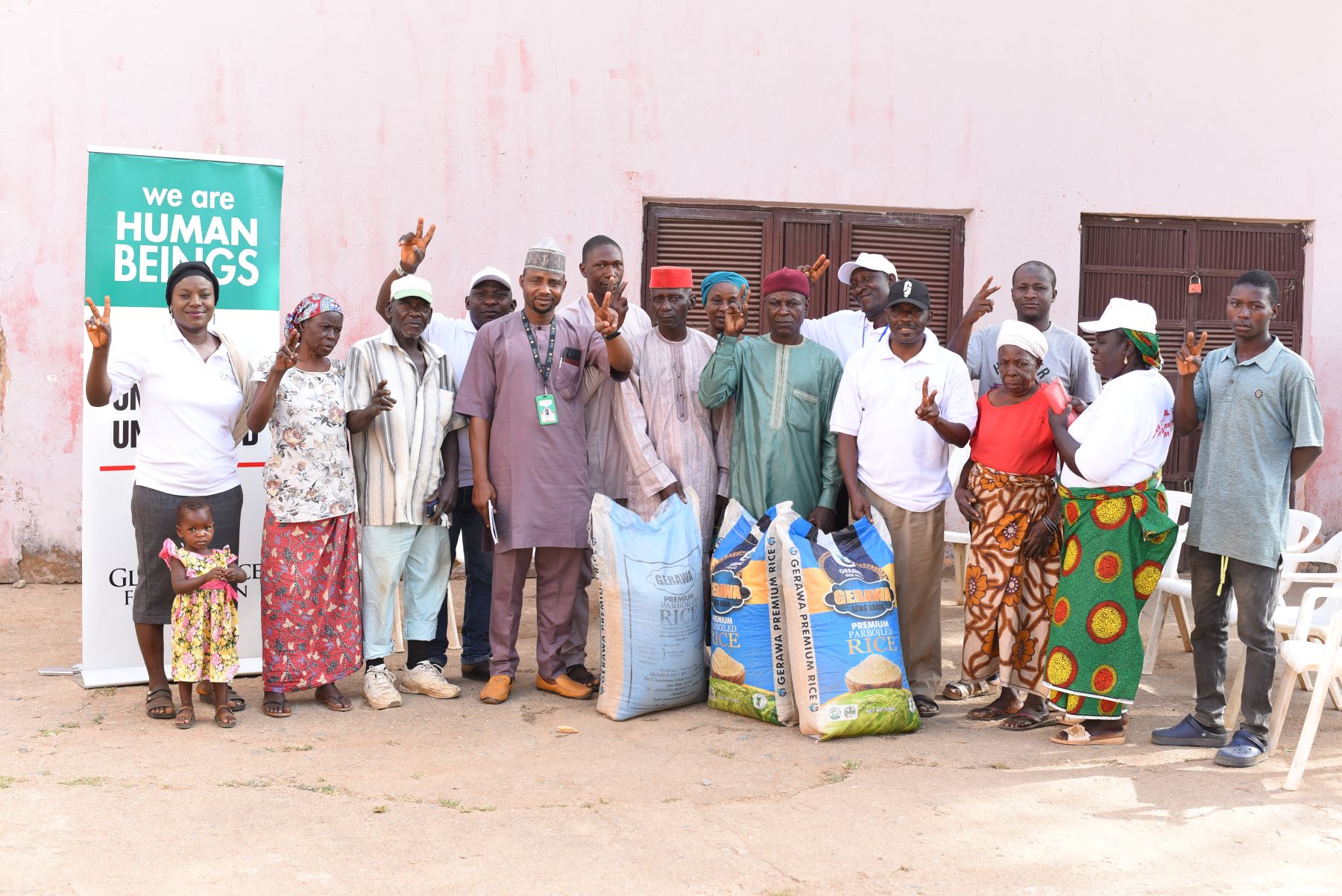Limited access to education disproportionately affects minorities and indigenous people in remote areas. “For ages, people in this community have been waiting for the chance to learn how to read and how to write,” tribal leader Intot Juan told community members at a gathering in the remote village of Talaingod, Davao del Norte in Mindanao, the Philippines. “I am indeed very grateful to the organization for answering our cries and desire to be educated and to be equally treated in the society.”
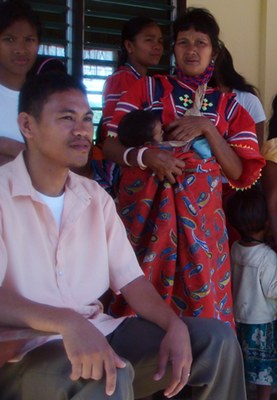
Limited access to education disproportionately affects minorities and indigenous people in remote areas.
Recognizing the need to provide special assistance to distant communities in the island archipelago nation of 94 million, GPF Philippines has expanded its service as a state-approved provider of the Department of Education’s Alternative Learning System by launching four additional Community Learning Sites in remote areas of Mindanao.
The Alternative Learning System (ALS) was established to raise literacy levels in the Philippines and to provide a quality and flexible alternative mode of education for out-of-school children, youth and adults that is comparable and equivalent to the formal education structure. Among the target learners for the Alternative Learning System are basic and secondary school drop-outs and members of cultural minorities coming from depressed, disadvantaged and underserved communities.
GPF has opened three community learning sites in the Muslim-Christian community of La Paz, Carmen, which will provide Accreditation and Equivalency Programs to Elementary and High school dropouts. An additional community learning site in Talaingod, Davao del Norte will provide the Basic Literacy Program to a community of Ati and Manobos, two of the numerous cultural minorities in Mindanao.
A catalyst for peace in divided communities
La Paz, situated on the coastline of Carmen, Davao del Norte in Mindanao, has been a home to a multi-cultural community of Muslim, Christian and indigenous people. Like many developing communities, providing a family income has been a top priority for the people of La Paz, leading many young people to choose job placement over completion of tertiary education. As one community leader said, “one day failure to earn is a one day sacrifice to the family.”
“Gang members from the nearby city would go to La Paz armed with hand-made bows and arrows. It’s really violent. But when we told them of the opportunity on furthering their education through Alternative Learning System, they eventually came around to the idea. It’s like a miracle, the violence had stopped.”
To address the needs of these out-of-school workers, the Alternative Learning System has begun assisting 150 learners in the areas of Accreditation and Equivalency and Informal Education. Though the program is starting to attract additional learners and supporters in the community, the Alternative Learning System actually launched with a rough start, as cultural divisions threatened to break into open conflict between neighboring communities.
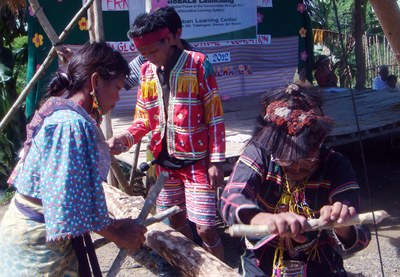
Indigenous peoples continue to live as organized communities, retaining their customs and traditions.
Indigenous peoples continue to live as organized communities, retaining their customs and traditions. District ALS Coordinator for La Paz Ms. Norma Gapote recalled how La Paz National High School became a ‘killing ground’ when the ALS first started in 2010. “Most of our learners are gang members,” she said. “Gang members from the nearby city would go to La Paz armed with hand-made bows and arrows. It’s really violent. But when we told them of the opportunity on furthering their education through Alternative Learning System, they eventually came around to the idea. It’s like a miracle, the violence had stopped.
“A few months into the program had showed noticeable improvement between the learners,” Ms. Gapote said. “It’s huge progress to be able to resolve this conflict.”
Eighty-three year-old Mr. Resurrecion Gil, the former Mayor of Carmen, Davao del Norte, also expressed his full support for ALS in a rare public appearance. In addition to assistance with securing the venue, he will be donating mechanical equipment for the Informal Education training.
In partnership with Department of Education and GPF Philippines, more La Paz ALS learners will now have the opportunity to receive elementary and high school diplomas through accreditation and equivalency programs as well as vocational training. Sessions will commence on February 2012 and conclude on March 2013.
Empowering indigenous people
The Ati-Manobo tribe in Talaingod, Davao del Norte faces a different challenge in education. Due to geographic remoteness and lack of educational opportunity, the majority of adults have not learned how to read or write.
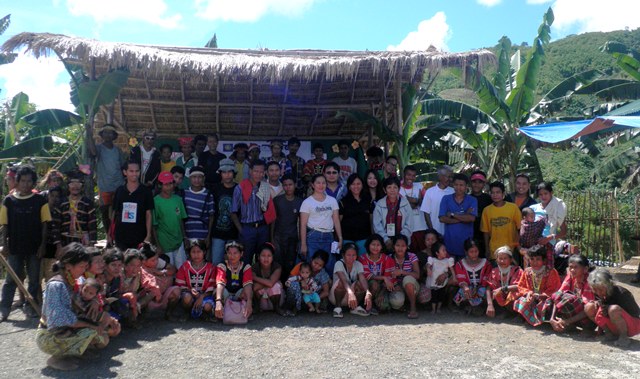
The Ati-Manobo tribe is among the more than 14 million indigenous people in the country, mostly in Mindanao.
The Ati-Manobo tribe is among the more than 14 million indigenous people in the country, mostly in Mindanao. There are also ethnic, regional and gender disparities, with ethnic minorities and indigenous people in remote and economically marginalized areas having disproportionally limited access to education.
The Ati-Manobo tribe is among the more than14 million indigenous people in the Philippines, most of whom are in Mindanao. They continue to live as organized communities, retaining their customs and traditions, and fighting for their rights.
Through GPF-ALS Basic Literacy Program, 55 learners, the majority who are parents, may now have the opportunity to communicate effectively, expand their worldview and become more productive members of the community by developing themselves through education.

